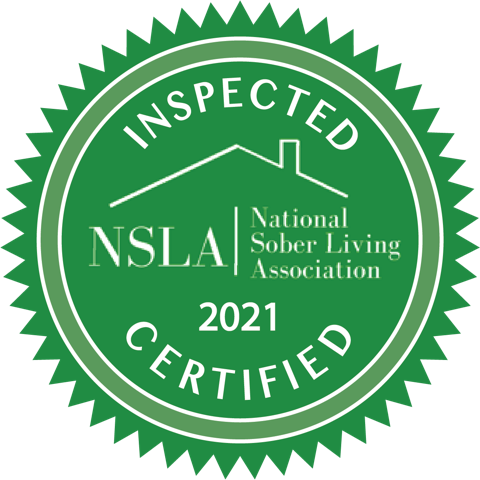Healing from a substance use disorder can involve many emotional ups and downs, and you will likely encounter some obstacles along the way. Motivation can be an essential factor in recovery because it can help you rebuild your confidence, discover your inner strength and give you a renewed appreciation for everything life has to offer.
Even if you surround yourself with a robust support network of friends and family encouraging you to get well, you’ll ultimately need to find the internal motivation to recover for reasons that are entirely unique to you.
Using Intrinsic Motivation in Addiction Recovery
Psychologists have identified two categories of motivation – intrinsic and extrinsic. Intrinsic motivation comes from within yourself, while extrinsic motivation involves a reward such as money or praise. Finding your intrinsic motivation is essential to stay enthusiastic and continue making progress with your recovery.
Often, recovering from a substance use disorder requires making a fresh start. You may need to end relationships with unsupportive or toxic people, find new hobbies or even relocate. All these changes can feel intimidating, and there will be times when you feel tempted to fall back into your old behavioral patterns. During these moments, you can use intrinsic motivation to remind you of why you chose to embark on this path and renew your faith in yourself.
What Motivates You to Stay Sober?
There’s no such thing as instant gratification in addiction recovery. The process can be physically and emotionally uncomfortable, including withdrawal symptoms such as fatigue, anxiety, depression and irritability. On top of that, you will be grieving your lost relationship with your substance of use. These difficulties may seem overwhelming at first, but when times get tough, it’s essential to remember why you decided to improve your life.
Eventually, your will to change is entirely self-directed. Since everyone is different, you’ll need to be open to experimenting and trying new things to discover your road to personal growth and healing. Once you find it, your objective will become learning how to hold on to this motivation, even in the face of adversity. Some benefits could include an increased zest for life, a healthier body and mind and a new social circle full of loving people who accept who you are.
To Stay Motivated, Identify and Avoid Your Triggers
Triggers are unique to you and can be anything that sparks an urge to drink or use drugs. Your triggers may include people, places or situations that remind you of your active addiction, and they can severely threaten your motivation.
You can start by making a list of your known triggers, such as a stressful day at work. Then, work with a therapist to come up with creative ways to change your circumstances. Of course, some triggers are unavoidable, but drawing on your newfound coping skills can help you build a new life filled with less painful reminders from the past.
Discover Motivation in 12-Step Recovery
While you can draw from multiple sources of inspiration to stay substance-free, the first step is admitting you have a problem you can’t solve on your own. Then, you can start the healing process.
Evidence suggests that participants in 12-step programs have a better chance of achieving lifelong recovery. At Still Waters, our treatment philosophy centers on the concept of fellowship and camaraderie found in 12-step groups. When you become part of our family, you’ll never have to walk your recovery journey alone. To learn more about how we can help you get and stay motivated, contact us today.





